16 Mozambicans trafficked to Laos rescued, repatriated
Amnesty seeks more protection for human rights activists in Angola and Mozambique
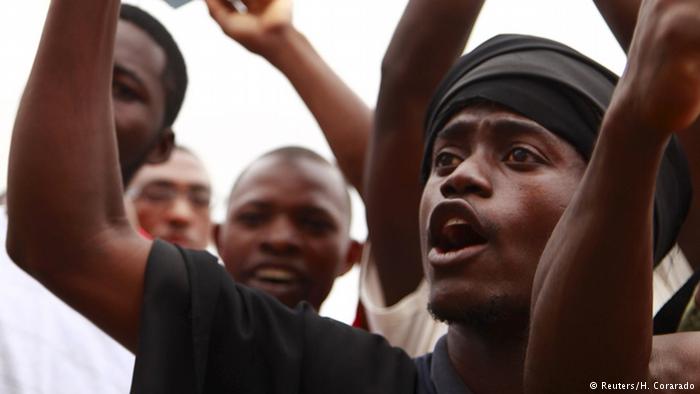
DW / Protest of Angolan activists in Luanda (2015)
Amnesty International has launched a campaign to end the ongoing offensive against human rights defenders around the world. Angola and Mozambique feature in actions planned by the NGO. The two-year “BRAVE” campaign aims at lobbying governments and policy makers to take a more active role in protecting activists.
Angola and Mozambique are two of the Portuguese-speaking countries that continue to merit the attention of the NGO’s Portuguese representative whose job it is to maintain pressure in Lusophone Africa, because of the relationship it has with all Portuguese-speaking countries.
“What we are going to do is maintaining, on the one hand, a campaign of public pressure, of public mobilisation, to continue to civil society on what is happening in Angola and Mozambique,” executive director of Amnesty International Portugal Pedro Neto explains.
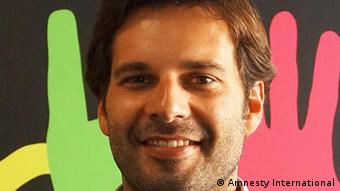
Watching the elections in Angola
In Angola, where there will be elections on August 23 this year, and Amnesty’s attention will be redoubled so that “everyone in Angola can have a voice and not be afraid to express themselves”, Neto said.
“There have been some demonstrations, which are routinely suppressed,” Neto says, while noting that that is nothing new.
“We have already had this problem with the 17 activists who were arrested and released a year later. Some of them activists, like Luaty Beirão, were beaten by police and government forces in demonstrations that they held after that date and this year.”
The aim of the campaign is to ensure that people can speak out “provided they do not disrespect human rights”, which is not happening in Angola “where new arrests continue to occur”, Neto points out.
Crisis in Mozambique
As for Mozambique, Neto draws attention to the problems and political cleavages that have been further aggravated by economic instability.
Amnesty therefore intends to work to involve people, both in Angola and Mozambique, so that these countries “can increasingly find space for people who defend human rights and who work for noble causes”, Neto explains.
In Portugal, pressure is centred on political leaders such as the President Marcelo Rebelo de Sousa, and Prime Minister António Costa, who will be asked via a manifesto to exercise influence “with their peers of others countries, so that they to comply with human rights”, Neto says.
subtitle – Significant increase in deaths
In a document released yesterday, the non-governmental human rights organisation indicates that, in 2016, 281 people were killed “because they had the courage to rebel against injustice”, a substantial increase on the 156 deaths recorded in 2015.
According to Amnesty International, community leaders, lawyers, journalists and other human rights defenders around the world have been subjected to unprecedented levels of harassment, intimidation and violence.
Neto urges governments and political forces to consider human rights a priority “so that the world can be better”, guaranteeing the well-being of its citizens.



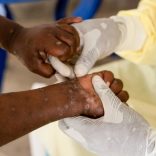
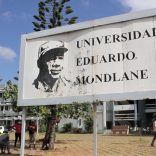
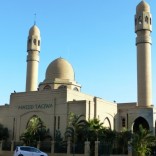

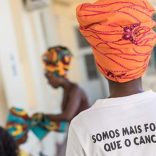




Leave a Reply
Be the First to Comment!
You must be logged in to post a comment.
You must be logged in to post a comment.